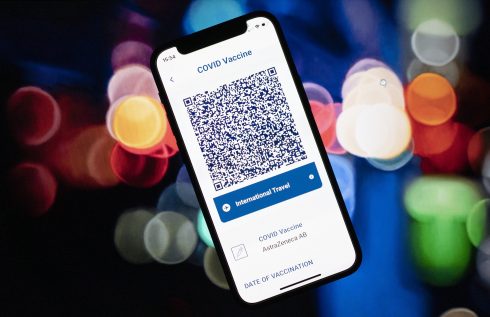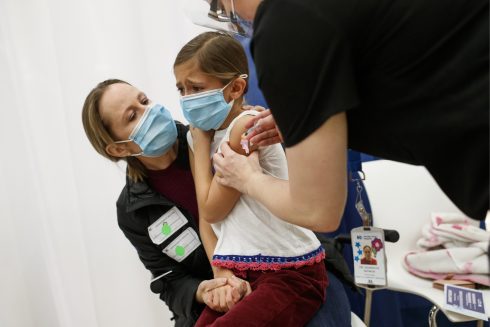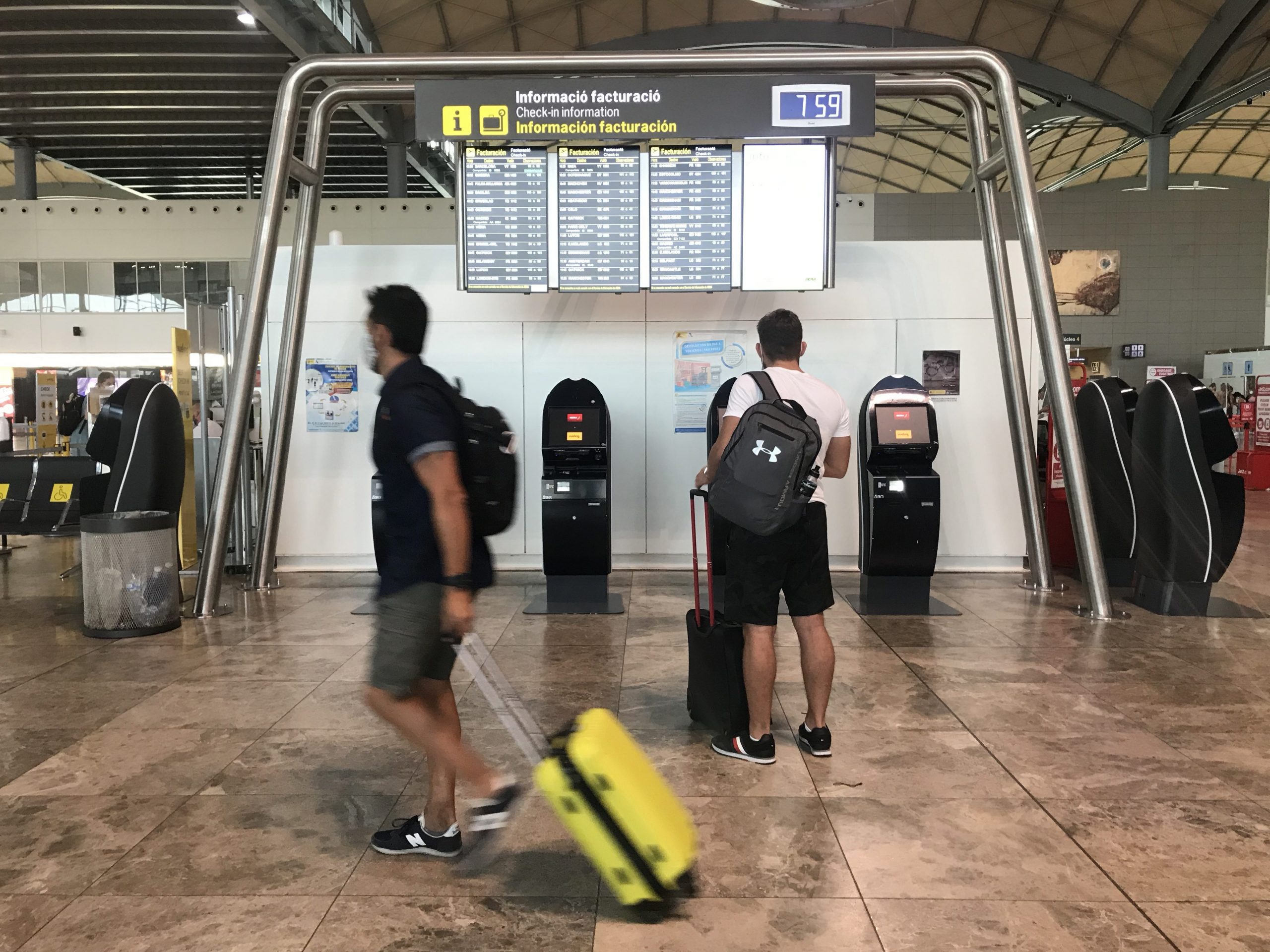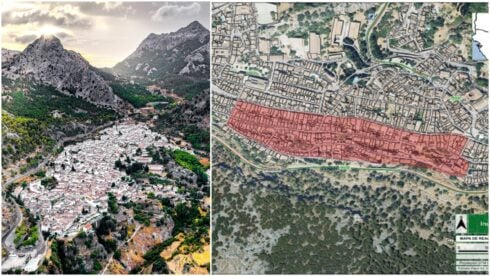SPAIN has dropped the need to show Covid-19 pass in early June for anyone arriving into the country from the EU or Schengen area meaning that for the first time in more than two years, there are no restrictions on entry.
However, holidaymakers travelling from outside the EU zone – such as from USA and UK – are still subject to restrictions and must show that they are either fully vaccinated, have recently recovered or have tested negative for Covid.
Here’s a look at the latest entry requirements for Spain for travellers from outside the EU or Schengen zone.
- What are the rules if I’m vaccinated?
Those who can show that they are fully vaccinated with approved vaccines can enter Spain without the need to show a negative Covid-19 test or quarantine. You will need to show an EU Covid certificate or equivalent such as the NHS Covid pass which can be downloaded through the NHS app.
But there are certain rules regarding the validity period.
Vaccinations are now subject to a 270-day validity period which means that if your last jab was given more than 9 months ago, then you will need a booster to enter.
An additional requirement is that the last vaccine or booster was administered at least two weeks prior to arrival in Spain.
This must be shown on the traveller’s vaccination certificate (which must have a QR code and can be in paper format or downloaded to a mobile phone).
“Your date(s) of vaccination must be specified and your final dose must have been administered within 270 days prior to travel to Spain,” explains the British Embassy in a post on Brits in Spain facebook page.
“If you completed your vaccination more than 270 days prior to travel to Spain, you must be able to show proof of having received a booster jab.”
The 270-day rule is only applicable to non-EU tourists travelling to Spain, but not Spanish nationals, EU citizens and their non-EU family members or British passport holders who have residency in Spain.
Instead, if more than 270 days have passed since their initial Covid-19 vaccination, they can show either proof of a negative PCR taken within the last 72 hours, a negative antigen test taken within 24 hours prior to arrival in Spain or a medical certificate proving recovery from COVID-19 in the last six months.
In effect this means fully vaccinated travellers are able to enter without the need for a negative COVID test result, provided their second dose is no more than 270 days old, or they have received a booster dose.

- What if I am unvaccinated?
The rules changed on May 21 to allow those who are unvaccinated and have no recovery certificate to travel to Spain for non-essential purposes (which includes tourism) as long as you provide a negative Covid test.
The kind of testing accepted by Spain is a diagnostic test that’s either a NAAT (nucleic acid amplification test, such as an RT-PCR, RT-LAMP, TMA) or a RAT (rapid antigen test).
In layman’s terms, that’s either a PCR test, which must be carried out in the 72 hours prior to departure to Spain, or an antigen test, 24 hours prior to departure.
Howvever these must be Covid tests that accepted are authorised by the European Commission and must have been performed by healthcare professionals, meaning self-tests are not valid.
- Recovery certificates
Spain’s Interior Ministry states that those who have recovered from Covid-19 in the past six months can visit Spain, even if they haven’t been fully vaccinated against Covid or if their Covid vaccination certificate has expired because they haven’t had a booster shot.
These certificates can be used to show that you have recovered from Covid within the last six months and must be presented in Spanish, English, French or German.
The official rules state: “Certificates of recovery issued by the competent authority or by a medical service at least 11 days after the first positive NAAT or rapid antigen detection test will be accepted as valid. The certificate shall be valid for 180 days after the date of the first positive diagnostic test result.”
- What are the rules for children?
Under 12s are exempt from restrictions completely and do not need to be vaccinated or show negative test results.
Those aged between 12 and 17 must either be fully vaccinated or show a negative PCR test.
The booster requirement is not applicable for those aged between 12 and 17 according to official rules on the government’s travelsafe.spain.info website.
“Please keep in mind that the obligation for the booster dose and the expiration date of 270 days do not apply for children over 12 and under 18 years old. Therefore, if you are over 12 and under 18 years old, you are considered as vaccinated even if 270 days have passed since the last dose without having received the booster dose.”
The NHS app will now allow children aged 12 and above to prove their vaccination status.

- Are health forms required on entry to Spain?
Arrivals in Spain are no longer required to fill in a Spanish health form ahead of travel if they have either an EU-recognised Digital Covid certificate (such as an NHS pass), a certificate of recovery or a negative diagnostic test.
These will include a QR code which must be shown either on a mobile phone/tablet or in paper form.
All other non-u travellers over the age of 12 who don’t have the necessary paperwork with QR code may have to fill in the Spanish health form (SPTH). You can check whether you need to HERE.
- Mask wearing
Remember, Spain still requires travellers on board flights to Spain to wear face masks. And these are also required on public transport such as trains and buses.
READ MORE:
Click here to read more Must Read News from The Olive Press.








